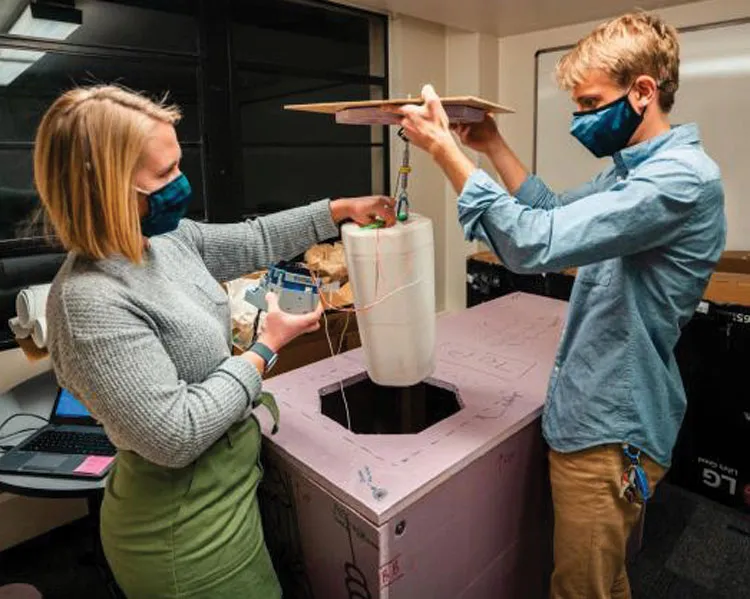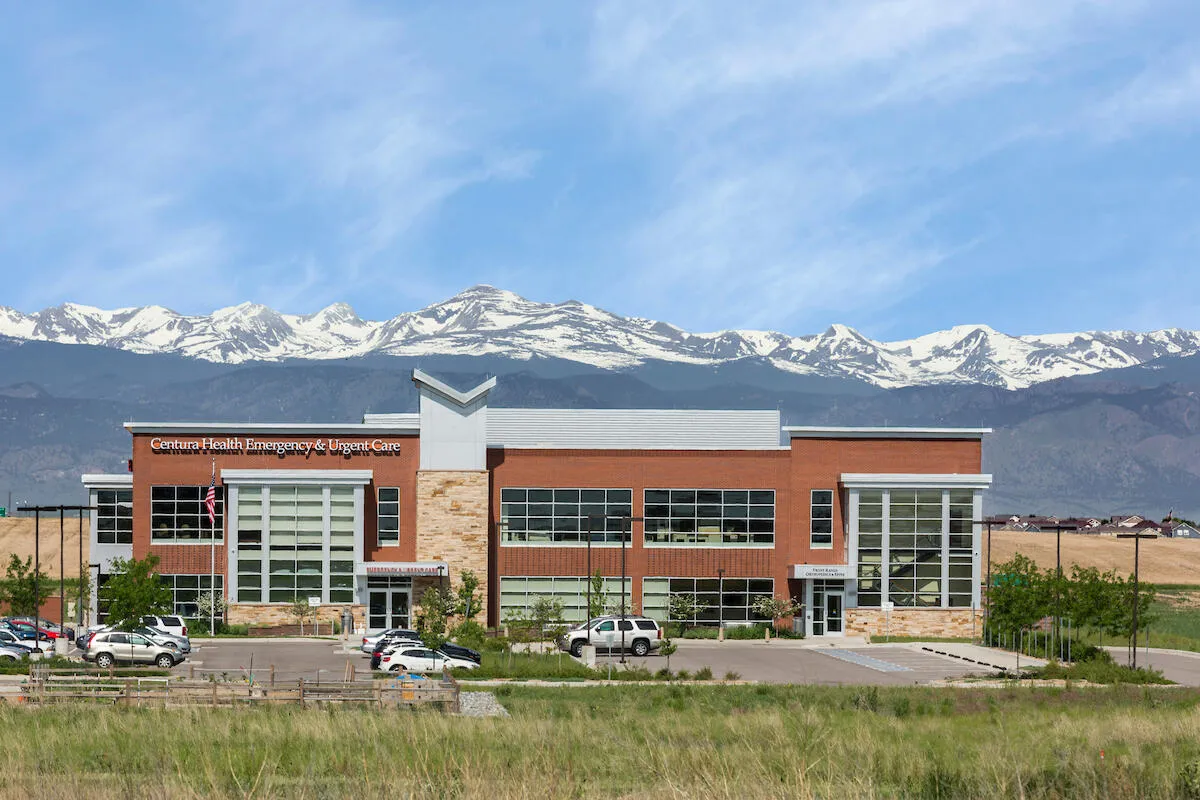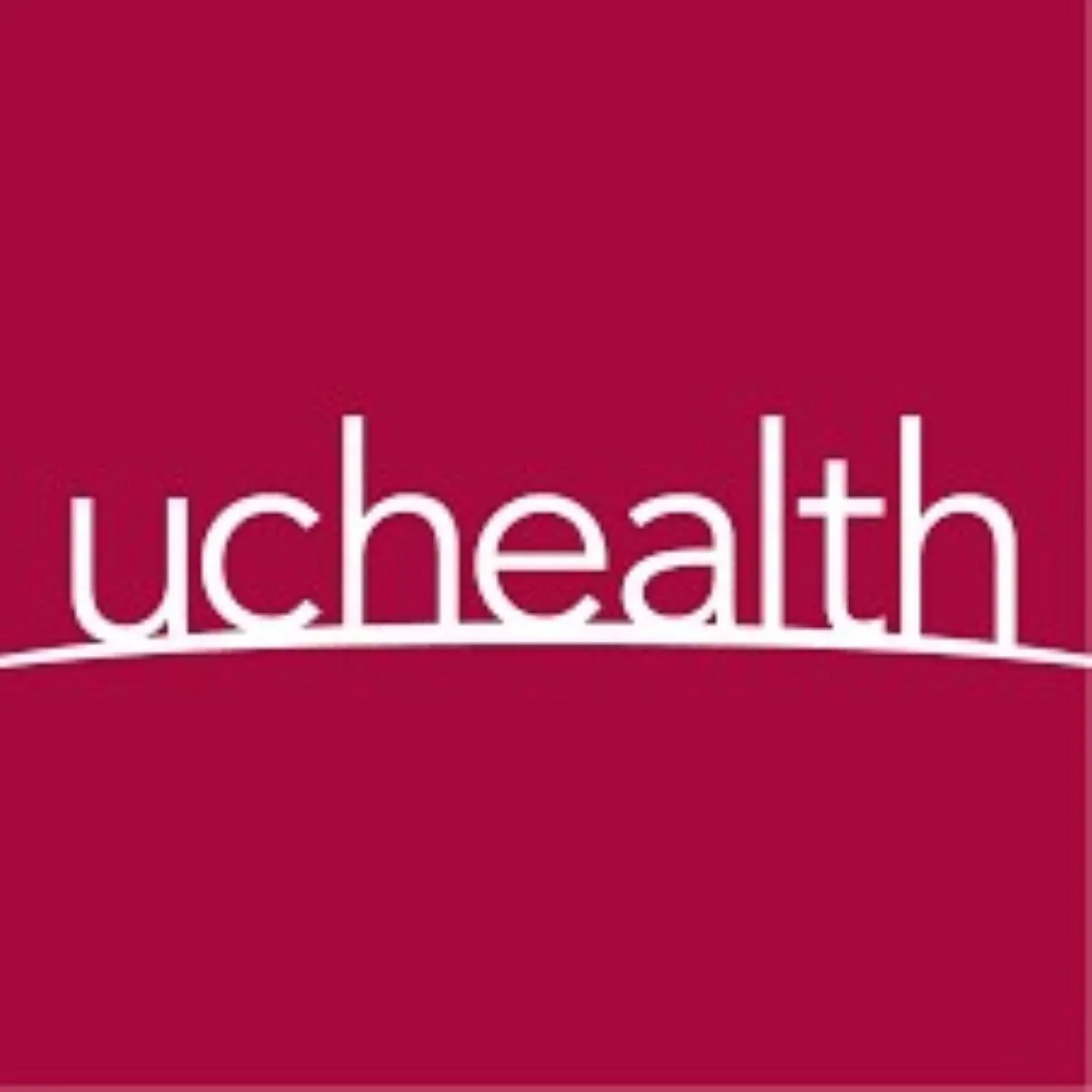Monetizing COVID: Solutions get booster shot at universities

New ways to fight the economic and social devastation wrought by the COVID-19 pandemic are being born and raised at universities in the Boulder Valley and Northern Colorado. Technology-transfer and accelerator entities at the University of Colorado Boulder and Colorado State University in Fort Collins are helping them get the entrepreneurial support they need to hasten them to market.
The ideas of scientists and engineers at CU are getting a boost from PHAST. The Pandemic Hyper Accelerator for Science and Technology, launched this spring by Venture Partners at CU Boulder thanks to a $500,000 federal grant and $125,000 local match as part of the U.S. Department of Commerce Economic Development Administration’s Scaling Pandemic Resilience Through Innovation and Technology (SPRINT) Challenge. Venture Partners, CU’s commercialization arm, started PHAST to support the translation of COVID-19 innovations into new businesses.
“There is no shortage of good ideas on campus. What often differentiates ideas and impact, though, is the translation and practical application of those ideas,” said Bryn Rees, CU Boulder assistant vice chancellor for research and innovation and managing director of Venture Partners. “That’s the goal of PHAST. We’re bringing together leading technologists, entrepreneurs and startup resources along the Colorado Front Range to take COVID-19 solutions out of the lab and into the field.
“Right from the get-go last year, we saw the organic rise in research and innovation that was geared to the pandemic: looking at how the virus was transmitted, whether we could develop immunity to it, whether we could test for it, vaccinate for it,” Rees said, adding that specific startup companies being born on campus were developing innovations related to COVID.
One such startup is New Iridium, which is developing commercialized technologies to accelerate drug development and manufacturing with help from CSU Ventures, Colorado State’s tech-transfer arm. The startup has been awarded a $256,000 National Science Foundation Small Business Technology Transfer grant for $256,000 to speed availability of Remdesivir, a COVID-fighting drug, by using a manufacturing process that uses photocatalysis, a chemical technology driven by light rather than heat.
In May, New Iridium was selected to participate in a 10-week Biomimicry Institute virtual accelerator and a chance to win a $100,000 Ray of Hope Prize awarded by industry and conservation leaders from the World Wildlife Fund, Patagonia and Yale University, among others.
Another startup is Darwin Biosciences, which created one of the first saliva-based COVID tests with results ready in less than an hour. “If you go back a year, it was all nasal swabs, and it took days and days to get a test result — and that wasn’t good enough,” Rees said. “Darwin had been formed pre-pandemic to commercialize a diagnostic test called SickStick, but it pivoted and created the saliva-based COVID test called CoVLab where you just spit into a tube and then they’ll run the test sample. It changes color if coronavirus is present.
“They’ve set up a testing lab in the Jennie Smoly Caruthers Biotechnology Building on the CU campus and obtained space to operate,” Rees said. “They’ve provided many thousands of tests all across Colorado and Nebraska. They are farthest along in terms of market penetration. They’ve generated significant revenue as well.”
Rees also cited VitriVax, which is developing a thermo-stable single-shot platform — not just for COVID but for any vaccine. “The current COVID vaccines need to be stored at very low subzero temperatures, which is difficult for many areas, especially rural areas that don’t have access to that cold chain,” he said. “These new vaccines — which still have to go through clinical trials — won’t need to be refrigerated; they can just sit in a warehouse and remain active. And the single shot’s important because it’s so hard to make sure people have multiple doses.”
Then there’s BCell Solutions Inc., a pre-clinical stage biopharmaceutical company that is assessing use of its BCS-N01 peptide immunotherapies as a potential therapeutic intervention to assist late-stage, critically ill COVID-19 patients. The company is seeking industry collaboration and funding.
Rees noted that all those companies have raised capital and are taking advantage of advanced industry grants through Colorado’s Office of Economic Development and International Trade.
At CSU, meanwhile, researchers are working on items such as advanced ventilation systems, a face mark that detects COVID by changing color, and a vaccine produced through a novel method trademarked SolaVAX for inactivation of a whole virion particle. Invented by Raymond Goodrich and Richard Bowen, the vaccine, according to a CSU news release, “has been tested in a sensitive hamster animal model for its ability to prevent infection upon challenge with SARS-CoV-2 virus and has been demonstrated to be effective in providing protection against COVID-19 disease.”
“Universities are just so well positioned to innovate and address problems created by the pandemic,” said Rees, which is why CU created the PHAST accelerator to “identify promising technology and innovation at the university and spin them out rapidly. We’ve identified more than 10 opportunities to bring them forward, and that’s what we’ll be doing in the next six months — pairing those with entrepreneurs and residents with preliminary funding.”
The six-month PHAST accelerator program starts virtually this month and culminates in a Demo Day where participants can pitch to angel investors, venture capitalists and the startup community. They’ll also complete the Rockies Venture Club’s one-week HyperAccelerator.
“Think back,” said Rees. “A year ago, everybody thought this virus was transmitted through surface contact. They thought for sure it was not transmitted by aerosols. Now here we are, a year-plus later, and it’s almost reversed the course entirely on that thinking — that it’s primarily transmitted through aerosols. Some of the thought leaders responsible for that — in particular chemistry professor Jose Jimenez — were at CU.
“It’s very practical too,” Rees said, “because once people realized that, it led to very practical changes that could be made to HVAC air flow that could reduce transmission rates. Just the research alone has had a big impact on how we responded.”
New ways to fight the economic and social devastation wrought by the COVID-19 pandemic are being born and raised at universities in the Boulder Valley and Northern Colorado. Technology-transfer and accelerator entities at the University of Colorado Boulder and Colorado State University in Fort Collins are helping them get the entrepreneurial support they need to hasten them to market.
The ideas of scientists and engineers at CU are getting a boost from PHAST. The Pandemic Hyper Accelerator for Science and Technology, launched this spring by Venture Partners at CU Boulder thanks to a $500,000 federal grant and $125,000 local match as…





